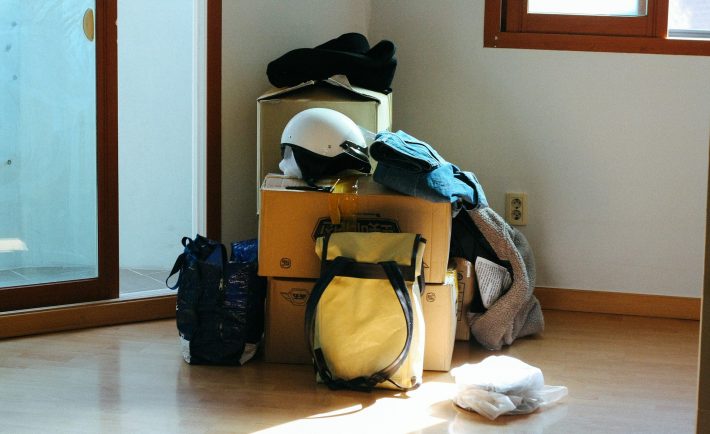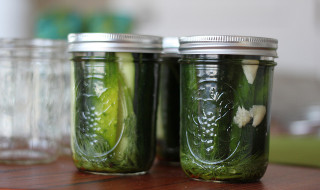
For years, Johor Bahru (JB) has played the role of Singapore’s unofficial backyard, a place for weekend getaways, late-night suppers, and budget shopping. But what was once a short escape is fast becoming a long-term strategy. An increasing number of Singaporeans are making the move across to JB, not for novelty, but out of necessity.
With the cost of living in Singapore rising at a steady pace, the idea of relocating to JB is gaining mainstream attention. In a 2024 poll reported by The Independent Singapore, 55% of respondents said they would consider moving to JB to cope with growing financial pressure. The attraction is clear: significantly lower housing prices, reduced everyday expenses, and the chance to enjoy a larger living space with fewer financial constraints.
The disparity in property values is striking. According to 99.co, landed homes in popular JB areas such as Bukit Indah, Horizon Hills, or Eco Botanic are priced at around RM800,000, which is approximately SGD230,000. At this price point, buyers can expect multiple floors, a car porch, and a backyard. In Singapore, the same amount might only cover the initial down payment for a small condominium.
Cost savings extend well beyond housing. Monthly expenses such as groceries, petrol, and dining are often up to 50% lower in JB compared to Singapore. For young families, retirees, and those working remotely, this opens the door to greater financial flexibility. Instead of being burdened by rent and rising utility bills, many now redirect their income toward travel, personal development, or long-term investments.
Lifestyle factors are equally compelling. Singaporeans who have relocated to JB often describe the change as liberating. Many report enjoying a slower pace of life, larger homes, and more quality time with family. One working mother even described the experience as gaining back her life after office hours, a sentiment that resonates in today’s high-pressure environment.
Naturally, there are challenges. The commute across the Causeway remains a hurdle, especially during peak hours. Digital payment systems in JB are still catching up to Singapore’s seamless cashless ecosystem. Healthcare access and public services may also differ in quality or efficiency. However, for those who have made the move, these issues are considered manageable trade-offs compared to the overall improvement in lifestyle and cost of living.

Image Credits: unsplash.com
Perhaps most telling is the shift in perception. Moving to JB is no longer seen as a compromise or fallback option. Increasingly, it is viewed as a smart and intentional decision. It reflects a broader movement among Singaporeans who are redefining success and quality of life on their own terms. JB is emerging as a viable and even aspirational home base for individuals seeking more space, more value, and a better balance in everyday life.




